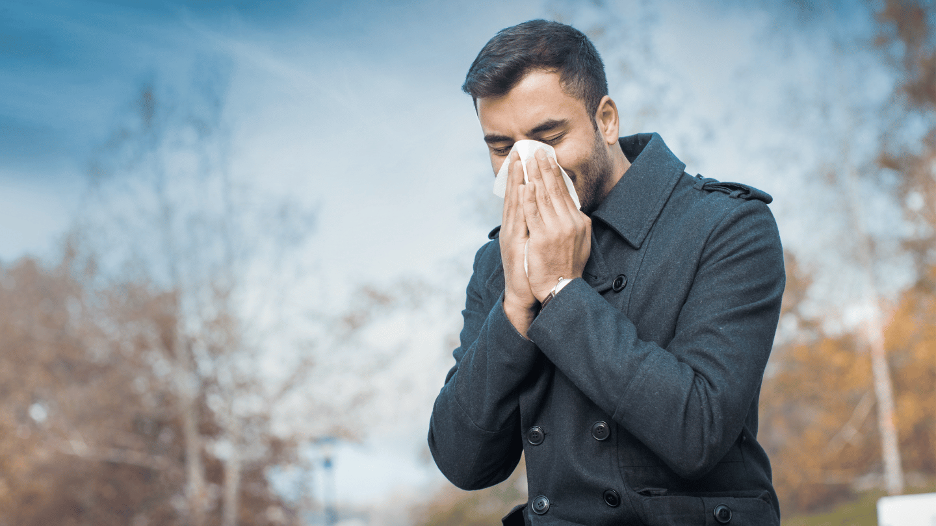
No more drips: the ultimate guide to stopping a runny nose.
Do you keep reaching for tissue after tissue, trying to keep up with a runny nose that just won’t quit? Whether it’s a cold, allergies or something else entirely, a dripping nose can be downright annoying. So how do you stop it? In this guide, we’ll walk you through the most common causes of a runny nose, how to get it under control, and when it’s time to see a doctor.
Common causes of a runny nose.
Many things can trigger a runny nose. Here are the most common culprits:
- Colds and flu. Viruses like the common cold and flu are major players when it comes to runny noses. When you're sick, your body produces extra mucus to help flush out the virus.
- Allergies. Pollen, dust or pet dander can irritate your nasal passages and lead to that constant drip.
- Irritants. Strong smells, cigarette smoke or pollution can make your nose run. These irritants can inflame your nasal passages.
- Sinus infections. A sinus infection, also called sinusitis, happens when your sinuses become inflamed and filled with mucus, often causing a stuffy and runny nose.
- Cold weather. Have you ever noticed your nose running when it’s chilly? Cold air can dry out your nasal passages, prompting your body to create more mucus to keep them moist.
How to stop a runny nose.
Ready to get your nose under control? Here are some of the best remedies:
Use a saline nasal spray.
Saline sprays, available over the counter, can help moisten dry nasal passages, thin mucus and flush out allergens.
Stay hydrated.
Drinking plenty of water can thin your mucus, making it less likely to drip. Plus, staying hydrated helps your body function at its best, especially when fighting off infections.
Try a humidifier.
Running a humidifier adds moisture to the air, soothing your nasal passages and reducing irritation. This is especially helpful in the winter when indoor air tends to be dry.
Decongestants.
Decongestants can help reduce swelling in your nasal passages, giving you temporary relief from that runny nose. Just be cautious—these medications aren’t meant for long-term use and can cause rebound congestion if overused.
Common over-the-counter options include pseudoephedrine and phenylephrine (found in many cold medications).
Antihistamines.
If allergies cause your runny nose, antihistamines can help block your body’s response to allergens. These are especially useful if pollen, dust or pet dander is to blame.
When to seek medical advice for a runny nose.
Sometimes, a runny nose is more than just an inconvenience. You should see a doctor if:
- Your runny nose lasts more than 10 days.
- You have a fever or headache along with the runny nose.
- The mucus is thick, yellow or green, which could indicate a sinus infection.
- You experience facial pain or pressure.
- Your symptoms seem to be getting worse instead of better.
If any of these sound familiar, it’s a good idea to visit your nearest CityMD for a checkup. Our medical team can help you find the right treatment and get you back to feeling your best.
A runny nose is annoying, but with the right remedies, you can get relief fast. Whether it's a cold, allergies or something else, these tips will help you stop the drip and get back to your day. And if your symptoms persist, your local CityMD is always here to help—just walk in, no appointment needed.

We’re ready to care for you.
Visit any CityMD urgent care location in your community today for an evaluation with one of our expert providers.